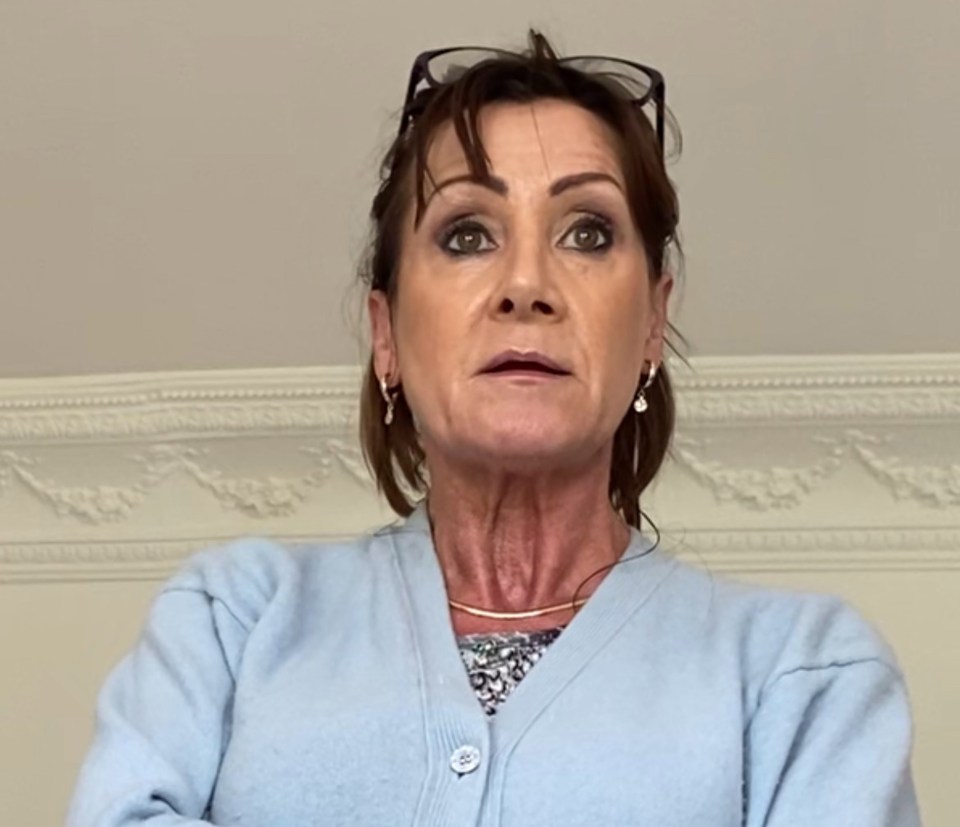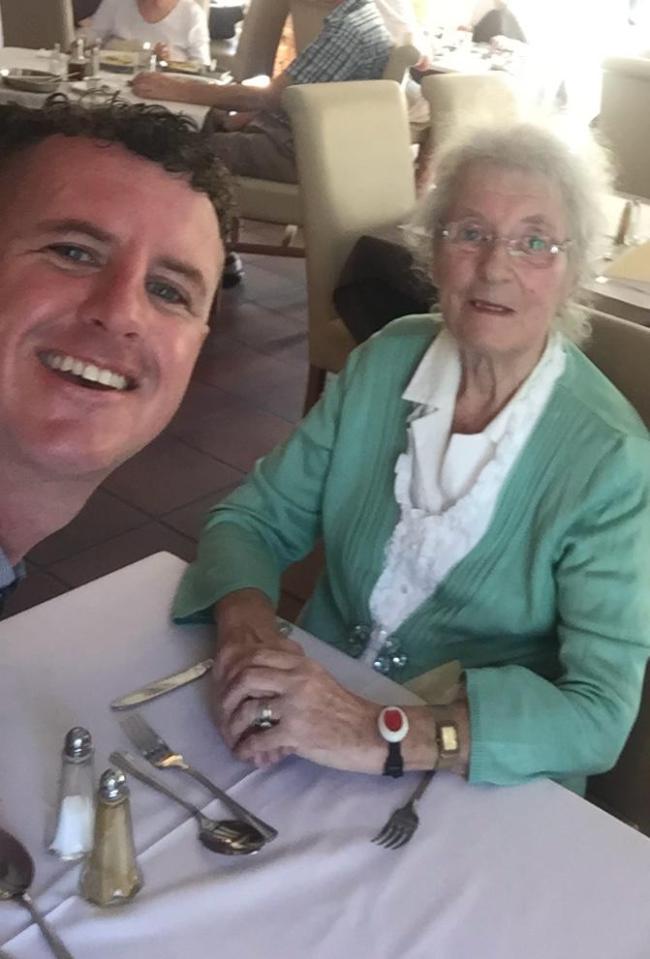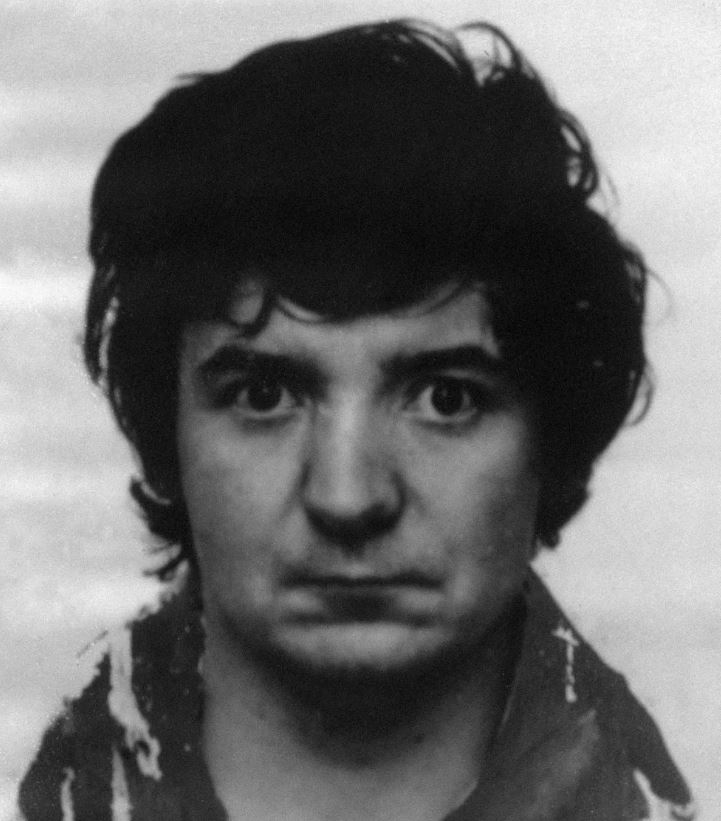Heartless carer fled to Tenerife after keeping pensioner ‘like caged animal’ and pilfering £300,000 fortune for Botox – The Sun
A MANIPULATIVE fraudster who fleeced an elderly woman out of almost £300,000 before fleeing to Tenerife is facing down a six-year prison sentence.
Pamela Gwinnett, 62, continued to steal money from Joan Greene, 89, after the pensioner passed away, treating her as a “cash cow to be milked.”
Gwinnet claimed she was the grandmother’s carer but isolated frail, vulnerable Joan from her family.
She accused family members of mistreating the widow and did everything she could to keep them away while she fleeced her “golden goose.”
She would steal hundreds of thousands of pounds from the elderly woman, using the money to pay for botox and expensive meals before fleeing to Tenerife after getting caught.
Gwinett denied charges of fraud and theft but was found guilty by a jury at Preston Crown Court.
After discovering ex-accountant Joan was wealthy Gwinett concocted a lie, convincing Joan that her family were stealing from her pension.
Gwinett even moved Joan into a care home to keep the pensioner close when Covid hit in March 2020.
After the pandemic ended she took Joan home but padlocked the gates of her bungalow and changed the landline number in a bid to stop Joan’s family from getting in touch.
A court heard that the last months of Joan’s life had become “pock marked with increasing periods of bewilderment and confusion.”
Joan also became doubly incontinent, but instead of looking after the elderly woman Gwinett “bullied” her.
Gwinett would cover for Joan’s professional live-in carers for two hours a day, billing the pensioner for the time.
Judge Michael Maher said: “On one occasion, [one of the carers] found to her horror that you had left Joan covered in her own faeces in bed at the end of your two-hour shift.
“On another occasion, you barked at her to relieve herself in her incontinent pad.”
Eventually one of Joan’s carers became so concerned that she arranged for Joan’s family to visit.
The meeting sparked a massive argument with video from the incident featuring Joan complaining that she doesn’t know what’s going on.
Footage also picked up Joan mentioning money problems despite her being a well off woman.
By the time Gwinett’s power of attorney over Joan was suspended she had already robbed £161,000 from the pensioner.
She even managed to steal a further £119,000 by opening a joint account and transferring Joan’s cash into that.
Judge Maher said Joan’s family “are devastated by the fact that Joan in the fog of her deteriorating mental health may well have believed the lies you were pedalling and made her isolation all the more solitary and lonely.”
Joan’s step-daughter Katherine Farrimond, 65, said Joan believed in her final years that her family “hated her” and “didn’t want to see her’” because to Gwinett’s “lies.”
In April, Gwinett applied to vary her bail conditions so she could fly to Tenerife, saying she hoped to scatter her late brother’s ashes there.
Her request was denied but she still brazenly boarded a plane just hours later and has remained there since.
The judge added: “I sincerely hope that Ms Gwinett is extradited back to the UK to serve this sentence for these egregious offences.
“It is an affront to justice and the rule of law for this defendant to be allowed to remain in Tenerife.”






